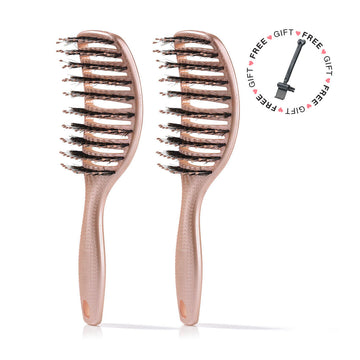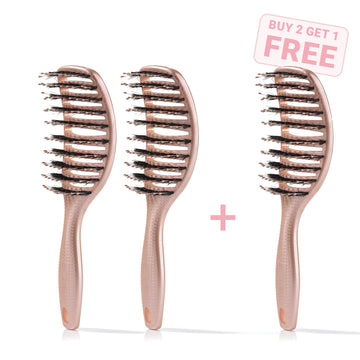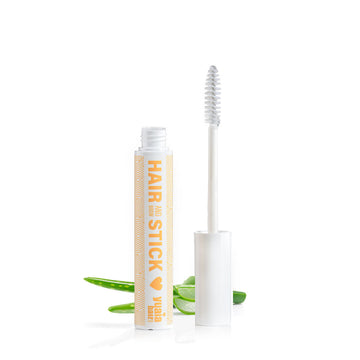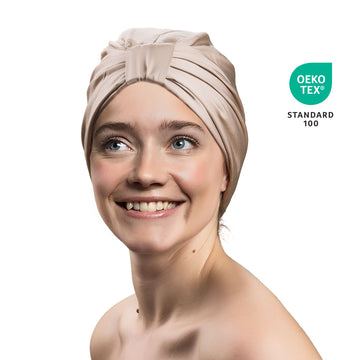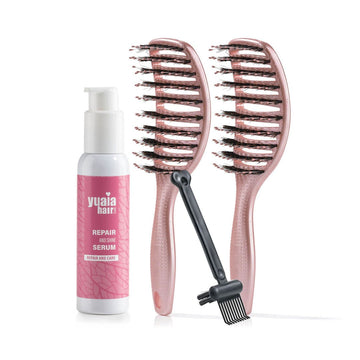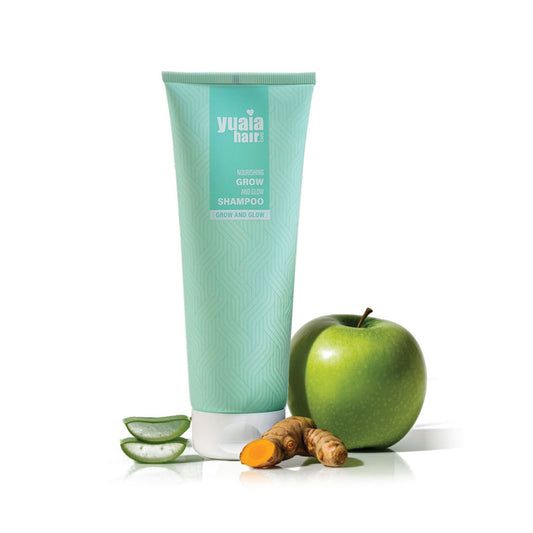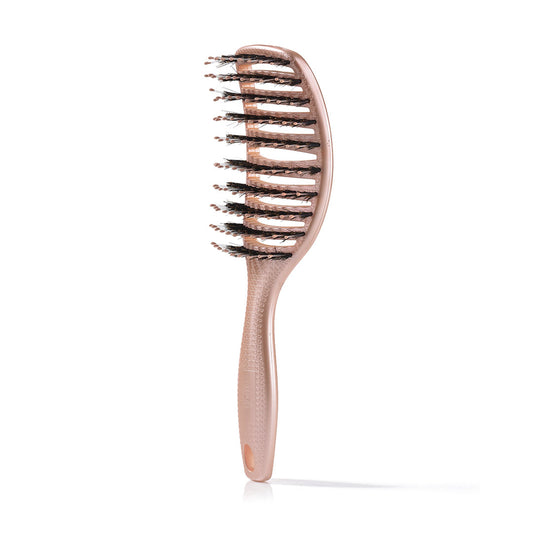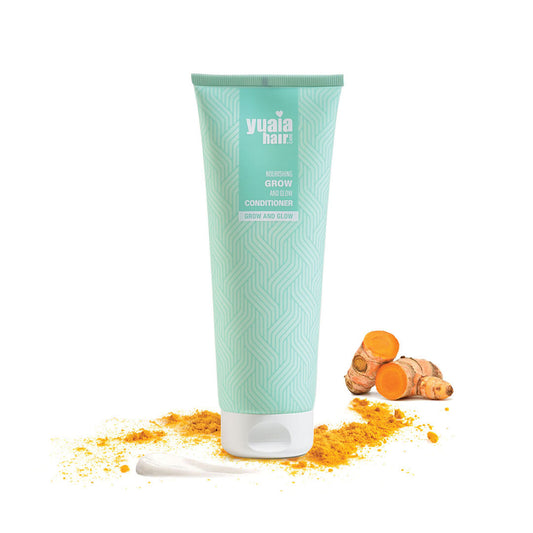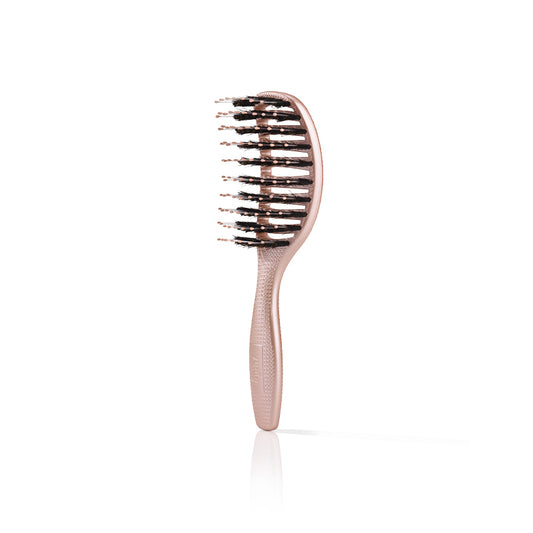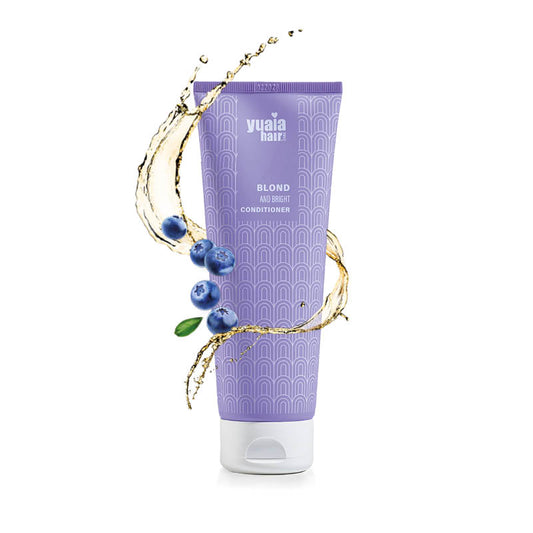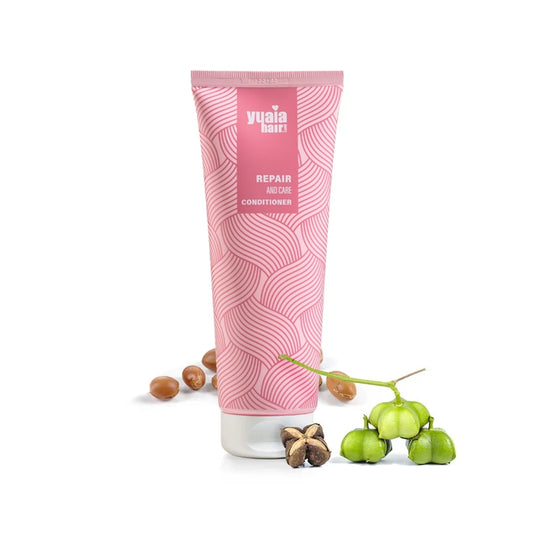
Can conditioner cause dandruff? Unraveling the connection and care tips

bij Nanna Bundgaard | 04. November 2025 | Leestijd: 5 notulen
Lees meer over de auteurImagine this: You’ve just finished your hair care routine, feeling fresh and fabulous, only to notice tiny flakes dusting your shoulders. You might wonder if your trusty conditioner is the culprit behind this unexpected snowfall. This common concern leads many to question whether conditioners can actually cause dandruff, adding to the confusion around hair care products and scalp health.
Can conditioner actually cause dandruff?
At the heart of this puzzling issue lies a simple question: Can conditioner cause dandruff? While it might seem logical to blame the conditioner, the reality is more nuanced. Dandruff itself is primarily caused by an overgrowth of Malassezia yeast and excess sebum on the scalp. Conditioners do not directly cause dandruff, but their improper use or certain ingredients can contribute to scalp irritation and flaking, mimicking dandruff symptoms.
The importance of correct usage and product choice cannot be overstated. When used properly, conditioners can enhance hair health without leading to scalp issues. However, understanding how to apply them and selecting the right formulations is key to maintaining a healthy scalp environment.
How conditioner use can contribute to scalp issues
Buildup from improper application
One of the main ways conditioners can contribute to scalp problems is through improper application. Applying conditioner directly to the scalp can lead to oiliness and buildup, creating an environment that fosters irritation and flaking. It’s important to apply conditioner primarily to the lengths and ends of your hair, avoiding the scalp, and to rinse thoroughly to prevent any residue from lingering.
Allergic reactions and sensitivities
Another factor to consider is the potential for allergic reactions or sensitivities to certain ingredients in conditioners. Common irritants like fragrances and preservatives can cause contact dermatitis, which shows as redness, itching, and flakes that resemble dandruff. If you suspect your conditioner is causing irritation, it may be beneficial to switch to a gentler, natural formulation.
By understanding these nuances and choosing the right products, you can prevent scalp issues and enjoy healthy, flake-free hair. For example, using a gentle, sulfate-free shampoo like our Grow and Glow Shampoo can help maintain a balanced scalp environment. Additionally, regular brushing with a high-quality brush can distribute natural oils and further support scalp health.
Best practices for using conditioner
Application techniques
To avoid scalp issues often linked with conditioner use, it's essential to focus on proper application techniques. Applying conditioner to the scalp can lead to excess oiliness and buildup, which may mimic dandruff symptoms. Instead, apply conditioner primarily to the lengths and ends of your hair. This approach helps ensure that the scalp remains free from unnecessary product buildup, reducing the risk of irritation and flaking. Additionally, thorough rinsing is crucial to remove any leftover residue that could otherwise contribute to scalp discomfort.
Choosing the right conditioner
When selecting a conditioner, opting for gentle, natural formulations can make a significant difference in maintaining scalp health. Products that are free from harsh chemicals and irritants are less likely to cause allergic reactions or sensitivities. For instance, our sulfate-free shampoos, such as the Grow and Glow Shampoo, are designed to maintain a balanced scalp environment, supporting overall hair health without contributing to buildup or irritation.
Preventing scalp issues with proper hair care routine
Incorporating regular brushing into your hair care routine can also help prevent scalp issues. Using a high-quality brush, like the Curvy Brush, can effectively distribute natural oils from the scalp along the hair, promoting a healthier scalp environment. This practice not only helps in managing oil levels but also supports the natural shine and health of your hair.
By following these best practices and choosing the right products, you can enjoy a healthy, flake-free scalp and hair. Remember, the key lies in understanding how to use conditioners correctly and selecting formulations that align with your specific hair and scalp needs.
Krijg een kortingscode van 10% naar u verzonden
Ontvang de beste tips en trucs voor je haar van Lotte en Nanna 🥰
Common misconceptions about conditioners and dandruff
Many people fall into the trap of believing that all conditioners inevitably cause dandruff. This misconception stems from misunderstanding the difference between dandruff and product buildup. While dandruff is primarily caused by factors like yeast overgrowth and excess sebum, product buildup from improper conditioner use can mimic dandruff symptoms. It is important to differentiate between the two to address the root cause effectively.
How to identify conditioner-induced flaking?
Distinguishing between true dandruff and flaking caused by conditioner buildup can be challenging. True dandruff often presents with oily, larger flakes and an itchy, red scalp, whereas buildup-related flaking tends to involve smaller, drier flakes without significant scalp irritation. Observing these differences can help you identify whether your conditioner use is contributing to the issue.
Frequently asked questions
Can a specific type of conditioner help with dandruff?
Yes, certain conditioners are made to help manage dandruff symptoms. These products often contain ingredients known to soothe the scalp and reduce flaking. However, it is essential to choose a conditioner that complements your specific scalp condition and hair type for the best results.
What should I do if I have an oily scalp but need conditioner?
If you have an oily scalp but still require the benefits of a conditioner, consider using lighter formulations that won't weigh down your hair or contribute to excess oiliness. Applying conditioner only to the lengths and ends of your hair, rather than the scalp, can also help maintain a balanced scalp environment.
Can allergic reactions to conditioner ingredients cause flaking?
Yes, allergic reactions to certain ingredients in conditioners, such as fragrances or preservatives, can lead to contact dermatitis. This condition can cause redness, itching, and flaking that resembles dandruff. Opting for gentle, fragrance-free, and preservative-free products can help minimize the risk of allergic reactions.
By understanding how conditioners can indirectly contribute to scalp issues and taking steps to use them correctly, you can maintain a healthy scalp and enjoy flake-free hair. Remember, the key lies in choosing the right products and applying them properly to support overall scalp health.
Ontvang een 10% kortingscode
Ontvang de beste tips en trucs voor je haar van Lotte en Nanna 🥰
 2-4 dagen levering
2-4 dagen levering
 100.000+ tevreden klanten
100.000+ tevreden klanten
 Tevredenheidsgarantie
Tevredenheidsgarantie








